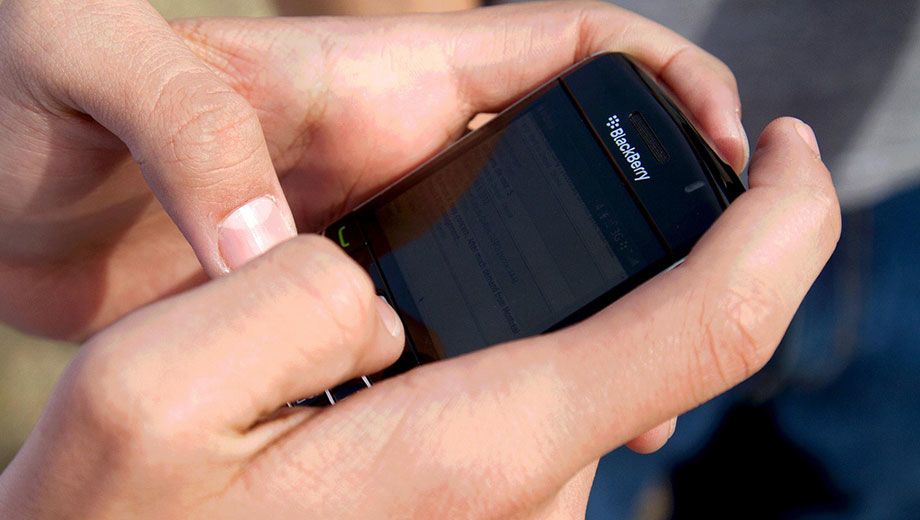Airport security are monitoring mobile phone signals -- but not for the reason you might think.
No, it's not a clandestine operation to detect airline bombers before they set off a bomb in the cargo hold.
It's about giving passengers accurate estimations of how long they're going to be waiting in the security queue.
The system, which is already in place in Copenhagen, Oslo and London Heathrow airports, was detailed overnight by Helsinki Airport, which is in the process of implementing it.
Phones emitting a Bluetooth signal are tracked from the start of the security line to the end, with the airport collecting statistics on how long each one takes.
"The method is currently in the testing phase, but by the end of next month, passengers will be able to see the average queuing times on security control monitors," explains Pirjo Lähteelä, Head of Passengers and Airlines at Finavia.
Lähteelä says this will allow busy passengers to decide whether it would be better to move to another security control checkpoint.
He adds that the sensors only show the Bluetooth address assigned to the device by its manufacturer, and cannot identify the passenger's telephone number or the name given to their Bluetooth device.
Of course, in many Australian airports, there aren't numerous security checkpoints to use -- there's a one-size-fits-all cattle gate.
Qantas and Virgin Australia have both been introducing premium security lanes for their higher-level frequent flyers, and a system like this could demonstrate in hard numbers the time savings of that to eligible passengers.


Hi Guest, join in the discussion on Airports monitoring passenger mobile phone signals